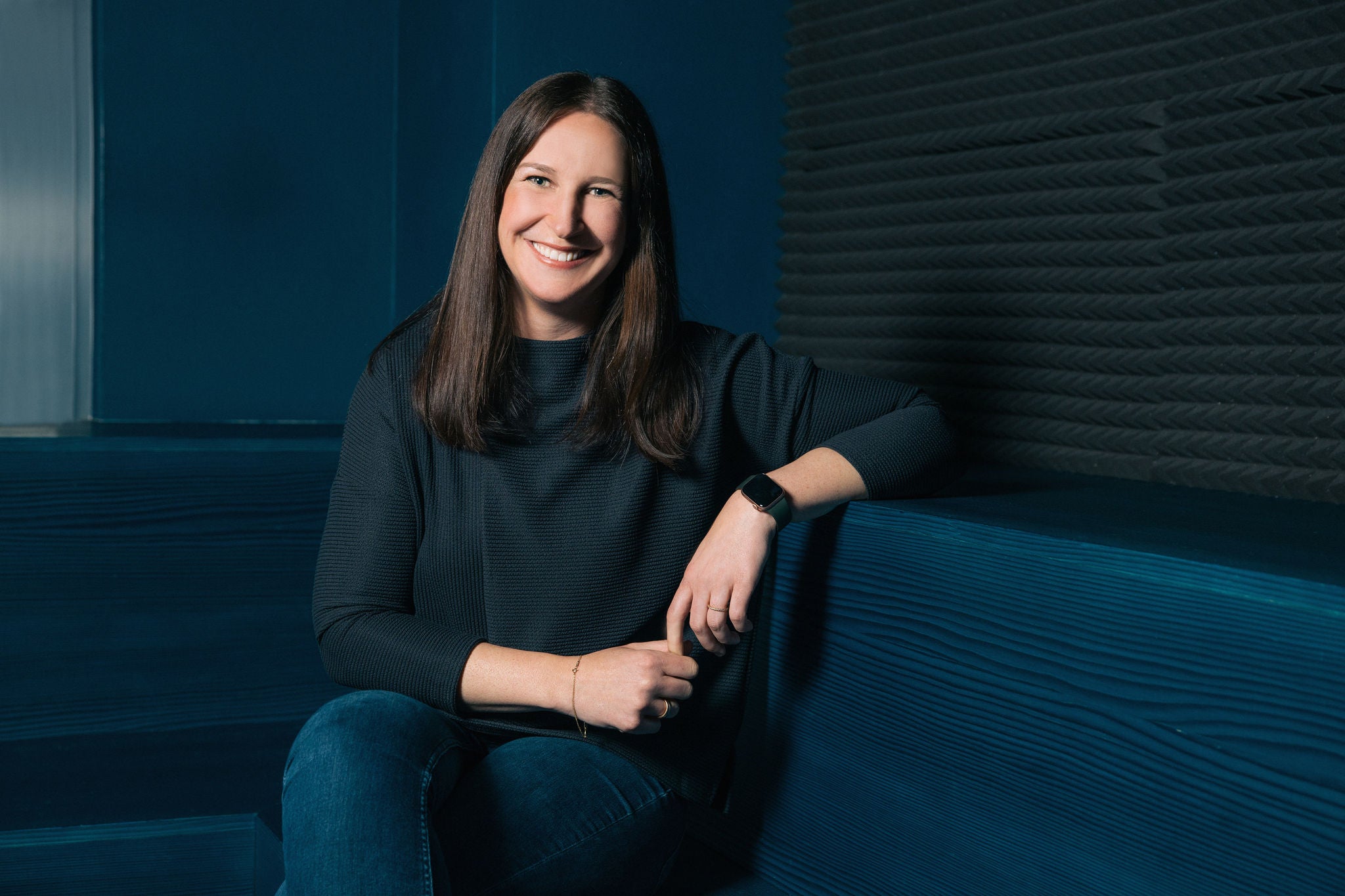Pure algorithms have had their day. Companies not recognized by AI as a relevant source will drastically lose reach. This not only puts providers of SEO and SEA in a tight spot, but also brands, who must focus on significantly more relevant content to get noticed.
The digital search landscape is at a turning point. Over the past 25 years, Google and Microsoft algorithms have significantly shaped the structures of the internet with their central functions as navigators, information helpers, shopping advisors, and organic traffic sources. The algorithmic mediation between information supply and demand has created an entire industry from nothing with search engine optimization (SEO). The contextualized real-time distribution of advertising messages has not only revolutionized marketing and the advertising industry making Google's parent company, Alphabet, one of the most valuable companies in the world.
Now we are shifting from algorithms to artificial intelligence (AI). Data management no longer follows a set of finely tuned, human-designed rules, but is based on the modeling of probabilities within AI models that evolve through machine learning and ever new input.
From search results to direct answers: the end of traditional search
Artificial intelligence is fundamentally changing the way information is processed, interpreted and presented. The established mechanisms websites attract visitors with are no longer reliable. Google, Microsoft, OpenAI and other emerging players are driving change by developing systems that not only provide direct answers to formulated questions but also extend their functions into the visual world around us. Thanks to multimodal input options, people can also use photos or videos to search for answers, which no longer appear as the classic “ten blue links”. Instead, search engines are transforming into answer engines. The aim is to inform users and, in the best case, monetize them immediately.
AI search engines are readily accepted, for example, for planning an entire family vacation or conducting extensive research for a term paper, at the push of a button, something the old search systems could not offer. Since every technology shapes its users, search and usage behavior is changing permanently with the possibilities of AI platforms. In consequence, brands and advertisers are under pressure from both sides: Google clicks won’t happen anymore and organic visibility for users will no longer be influenced with the help of rankings and signals. Those not recognized as relevant sources by AI systems will lose a significant amount of reach. The competition is shifting from scalable visibility to pure referencing on the new interfaces.
SEO and SEA in transition: new strategies for brands
The era when clicks were considered the ultimate metric is coming to an end. The decisive factor now is not only whether a brand appears in AI-generated responses, but also how it is represented there. Companies that understand and strategically optimize these mechanisms have a clear advantage. And the path to this future is also a journey into the past.
Even today, it is crucial for brands to be placed in a corpus of content that is constantly updated by AI models. To stand out from the competition here, content needs significantly more context than before. While technically optimized content remains important, it will no longer be decisive. Schema markup, structured data and FAQs still help make content understandable for machines, but to increase the likelihood of being mentioned, advertisers will have to fall back on classic PR work in the future. With its help, citations, brand mentions, and positive brand messages can still be generated where they resonate with the target group. While algorithms could still be overwhelmed by sheer masses of content and keywords, AI models react to recurring patterns and relevant links. The provision of interactive content also pays off, because AI systems increasingly evaluate multimedia content as valuable sources of answers. Although AI can deliver static content, it cannot replace interactive content. Companies that expand their content offerings accordingly will become more relevant.
Of course, AI is also changing the rules of the game in the paid search area (SEA). Studies such as the most recent one by Seers show that the click-through rate (CTR) for Google Ads is falling because AI-generated answers directly cover many search queries. This is Google's core business, which is why there are also opportunities for advertising in AI response systems. Companies are currently experimenting with different formats. Google is already testing native ads in AI-generated responses, and Perplexity offers sponsored follow-up questions. In addition, the first interfaces for one-click shopping features are already available in the new AI world, and there is no way around artificial intelligence and the integration of response systems on the way to powerful unified commerce models.
Marketing for machines: from sales psychology to the interface
And what happens when, in the near future, consumers shorten the personal funnel and leave the selection and purchase of products and services to their AI-driven agents? This forces sellers and advertisers to develop new forms of user experiences. These are no longer based on branding, design and psychology, but deliver real-time data in a structured, logical form via a variety of relevant interfaces. Automated transaction technologies such as blockchain must also meet new standards in terms of security and reliability in the age of machine marketing. As autonomous agents play an increasingly important role, agencies must also take on a dual role: developing brand strategies that appeal to and inspire people, while building AI systems for visibility and relevance.
New players and market shifts: Who will prevail?
But although the technological foundation of the digital search function is undergoing fundamental change, the market is still characterized by a strong tendency to maintain the status quo. Google has hardly lost any market share in organic and paid search. Microsoft has hardly improved its competitive position despite its close partnership with OpenAI. But the search market is fragmenting, with Perplexity, Anthropic, Mistral and DeepSeek all emerging as strong challengers to Google. The task of agencies will be to combine their existing digital competencies and thereby make all the opportunities offered by the transition from algorithm to artificial intelligence accessible to their clients.
First published by W&V.



